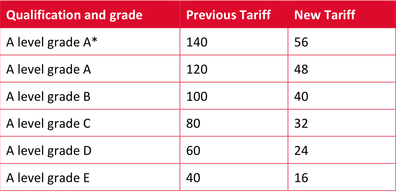push's 90 second guide:
choosing a university
|
|
On this page we'll look at some of the factors to help you chose which uni to go to.
The goal is to make a shortlist of universities that match your needs – The UCAS search tool is a great place to do this. You can then review them in detail, using their prospectuses and other resources to determine which will be your chosen ones. But before you can make a shortlist you have to think about what your needs are... |
Push university guide
Is it time to start thinking about which university you might want to go to?
Well fear no more!
We’ve had a go at making a handy map for you that outlines as many universities in the UK that we could throw our hat at.
Click here to have a look at the list of universities on offer with links to their location, websites and a little of our honest Push info too.
If you’re part of a university or college that isn’t on the map and would like to be included. Please email at aron@push.co.uk and we can get it added to the map.
Well fear no more!
We’ve had a go at making a handy map for you that outlines as many universities in the UK that we could throw our hat at.
Click here to have a look at the list of universities on offer with links to their location, websites and a little of our honest Push info too.
If you’re part of a university or college that isn’t on the map and would like to be included. Please email at aron@push.co.uk and we can get it added to the map.
every uk university in 5 minutes
|
It may seem a little daunting how many universities there is in the country so we've tried our best to get them all in one video for you.
Here's our presenter team with every university (as of Jan 2019) in the country in 5 minutes! |
|


